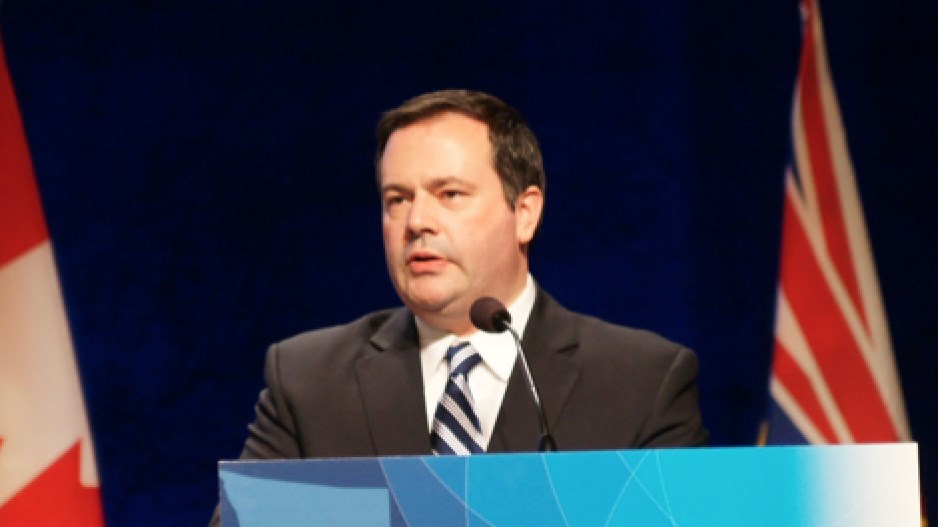The federal government has announced an immediate moratorium on food-services businesses’ access to the Temporary Foreign Worker (TFW) program.
Employment Minister Jason Kenney announced April 24 that effective immediately, no new or pending applications to the program from these businesses will be processed. This moratorium will remain in effect until an ongoing review of the program is completed.
“We have repeatedly warned employers that the Temporary Foreign Worker program must only be used as a last and limited resort when Canadians are not available,” Kenney said in a statement.
The decision comes after recent allegations of abuse of the program by a handful of restaurants across Canada, including three McDonald’s locations in Victoria who have now been suspended from the program.
On the same day the decision was announced, the C.D. Howe Institute published a study that found that the use of the TFW program has resulted in increased unemployment in British Columbia and Alberta. The ease of access to foreign labour, the study argues, has led to “undesirable incentives on the part of employers and prospective workers.”
“A well-functioning TFW program allows employers to hire foreign workers only if there is no available resident, for a short period of time, and if the conditions of employment do not undermine the rebalancing of the labour market,” said study author Dominique M. Gross, who pointed out that the conditions for hiring TFWs were relaxed several times between 2002 and 2012.
“These policy changes occurred even though there was little empirical evidence of labour shortages.”
The study recommended reforms that would provide better labour market information, including details of the nature of job vacancies and the availability of domestic workers. It also recommended limiting the number of TFWs in any given year.
Jock Finlayson, executive vice-president and chief policy officer at the Business Council of British Columbia, said there are conditions where it is appropriate to use the TFW program, such as recruiting for positions in higher-level skilled occupations including specialized health care workers and certain types of academic researchers.
But, Finlayson said, the government needs to ensure that the TFW program doesn’t work to serve as a “wage suppression policy.”
“If Canadian workers are unwilling to take jobs in certain service industries in large cities, for example, it seems to me that the most logical response is for pay levels to rise and/or working conditions to improve in these jobs, not to permit big inflows of TFWs with the explicit goal of keeping wages down,” Finlayson said.
“That is how things operate in the markets for goods and services, and there is no reason the same principle shouldn’t apply in the markets for labour.”
Kenney said that abuse of the TFW program will not be tolerated going forward.
“Those employers who are found to have lied about their efforts to hire Canadians could face potential criminal prosecution with sanctions that include fines and jail time,” he said.
@EmmaHampelBIV




